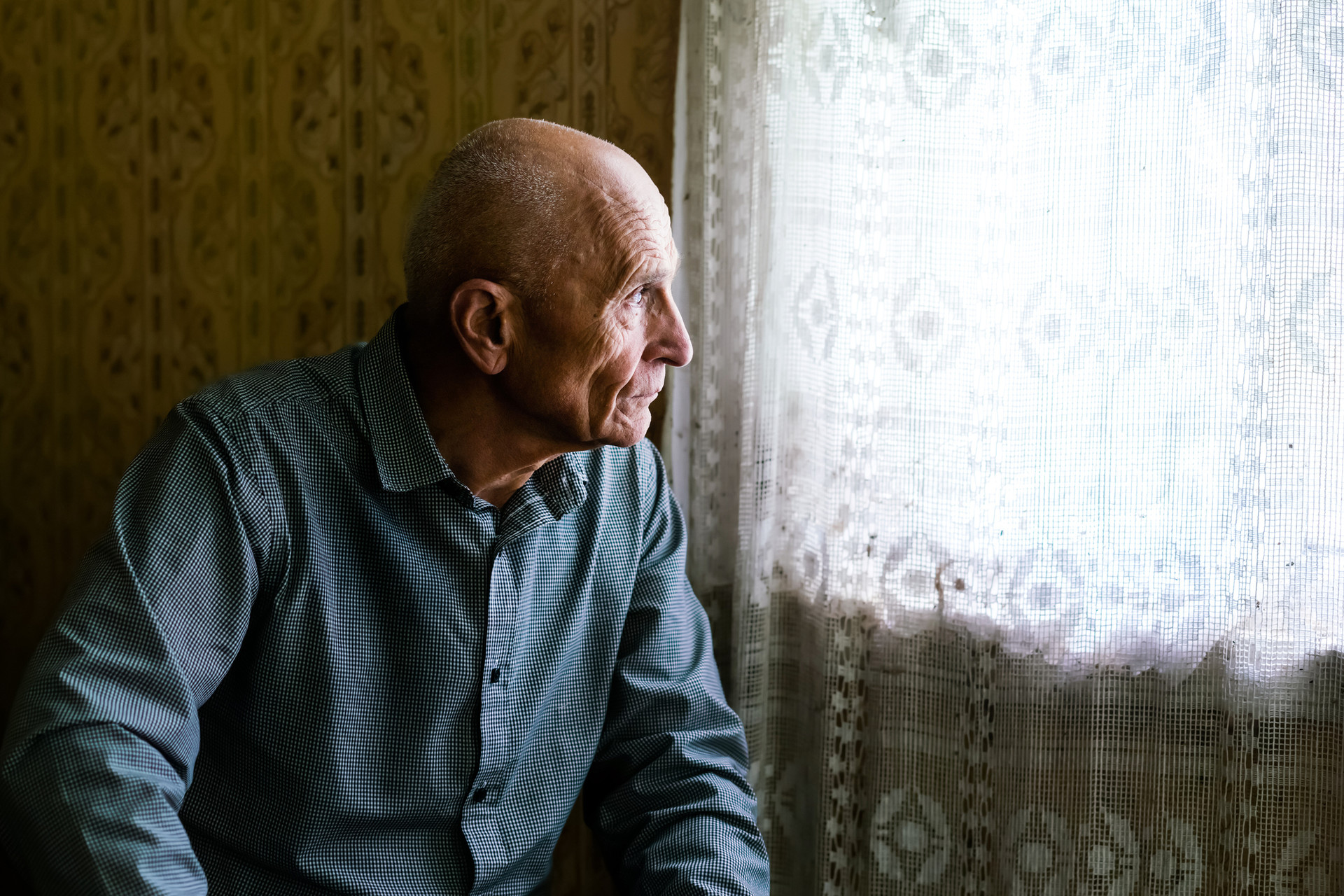Coping with Loneliness

Feeling lonely isn’t a mental health problem as such, but the two are closely linked.
Having a mental health problem can increase your chances of feeling lonely. And, you can feel lonely even if you have lots of people in your life.
We’ve put together some ideas that may help you to manage feelings of loneliness.
Remember though that different things work for different people at different times.
Take it slow
If you've felt lonely for a long time, even if you already know lots of people, it can be terrifying to think about trying to meet new people or opening up to people for the first time. But you don't need to rush into anything.
For example, you could try doing an online activity where other people attend but you're not expected to interact with them, such as a drawing lesson. Or if you're interested in joining a new group or class, you could ask whoever runs the sessions if you can just watch at first, rather than taking part.
Simply knowing that other people are there may be enough to help with some feelings of loneliness.
Try to open up
You might know plenty of people but what’s actually wrong is that you don’t feel close to them, or they don’t give ou the care you need. It could help to open up about how you feel to friends and family. Or if that’s not comfortable, you could try speaking with a therapist or using a peer support service.
Try peer support
Peer support services provide a space to share experiences and support others. You can join our community through our Impact on Teesside service or Community Minded
Stop comparing yourselves to others
We all do this from time to time.Social media can make it seem like we’re the only ones feeling lonely, but it’s important to remember that you don’t know how other people feel when their social media feeds are turned off.
Talking therapies
Talking therapies allow you to explore and understand your feelings of loneliness and can help you develop positive ways of dealing with them. For example, therapy can provide a space for you to discuss the emotional problems that make it hard for you to form satisfying relationships.
If anxiety about social situations has made you feel isolated, cognitive behavioural therapy (CBT) may help. This focuses on how your thoughts, beliefs and attitudes affect your feelings and behaviour, and teaches you coping skills for dealing with different problems.
Our Impact on Teesside service can help.
Take care of yourself
Feeling lonely can be very stressful and can have a big impact on your general wellbeing, which might make it even harder to make positive steps to feeling better.
Think about how some of the following are affecting how you feel and whether you can do anything to change them:
• Try to get enough sleep. Getting too little or too much sleep can have a big impact on how you feel.
• Think about your diet. Eating regularly and keeping your blood sugar stable can make a difference to your mood and energy levels.
• Try to do some physical activity. Exercise can be really helpful for your mental wellbeing.
• Spend time outside. Spending time in green space can help your wellbeing.
• Spend time with animals. Some people find spending time around animals can help with feelings of loneliness, whether through owning a pet or spending time around animals in their natural environment. If it is possible where you live, you could try visiting a local community or city farm.
• Avoid drugs and alcohol. While you might want to use drugs and alcohol to cope with difficult feelings about yourself, in the long run they can make you feel worse and can prevent you from dealing with underlying problems.
